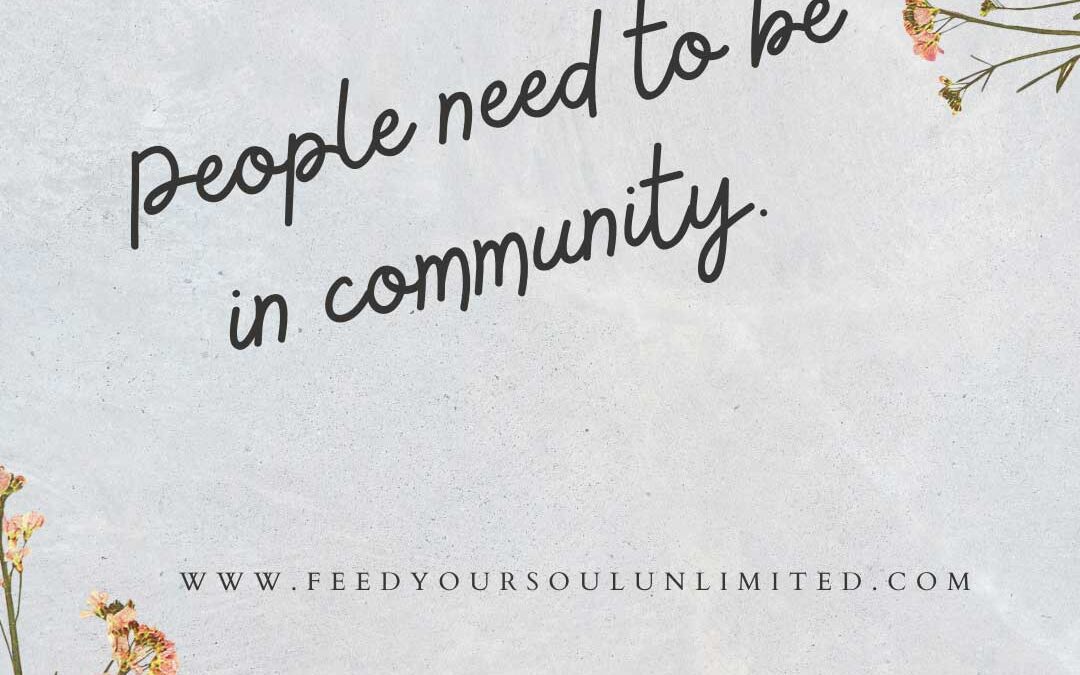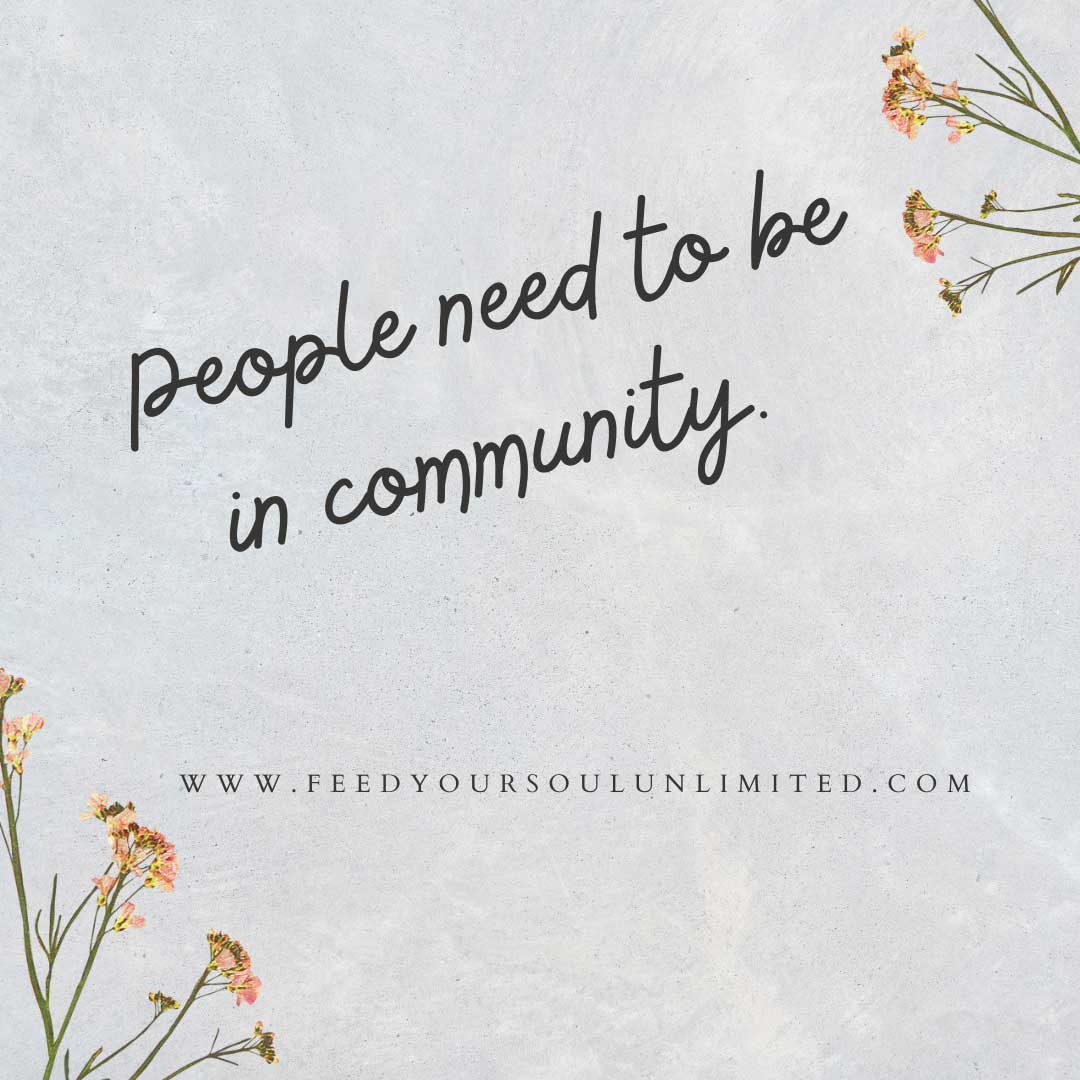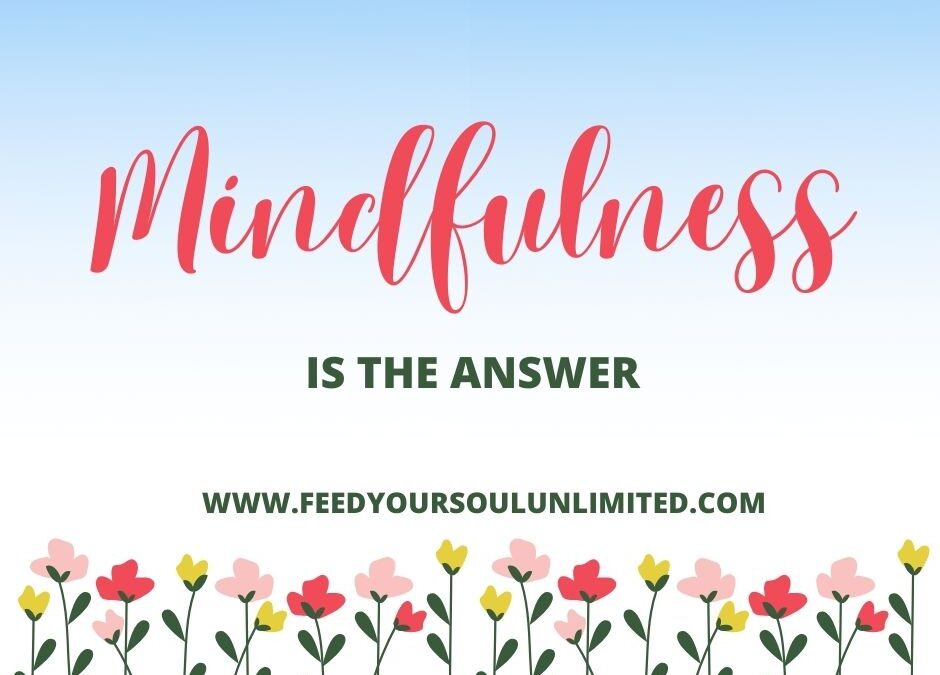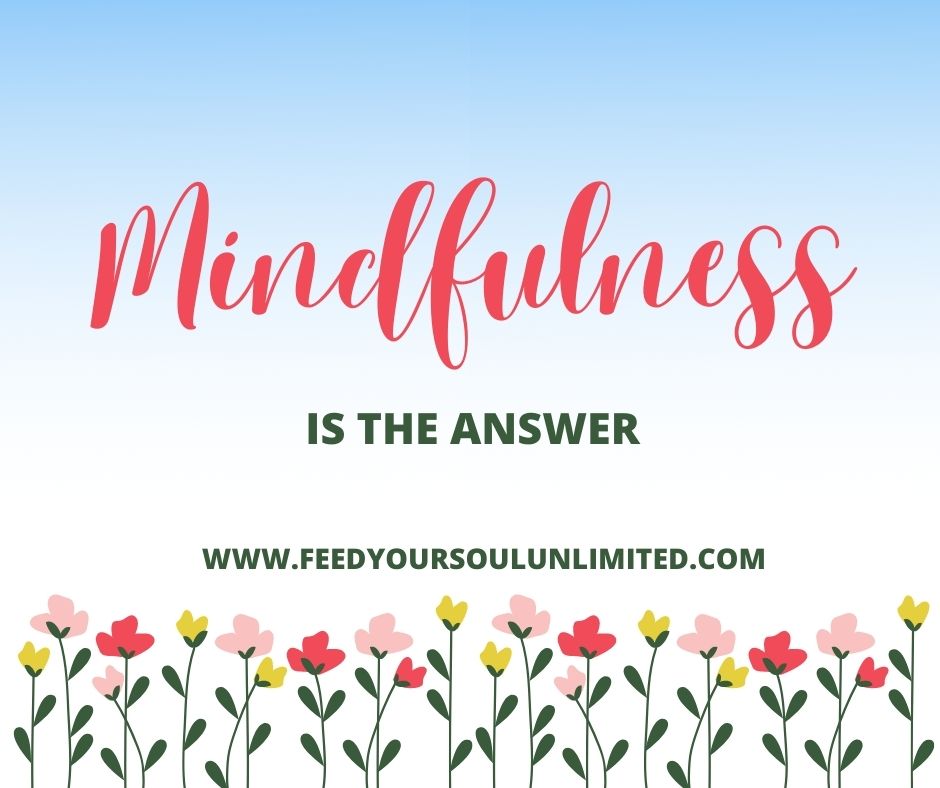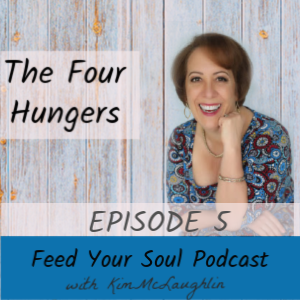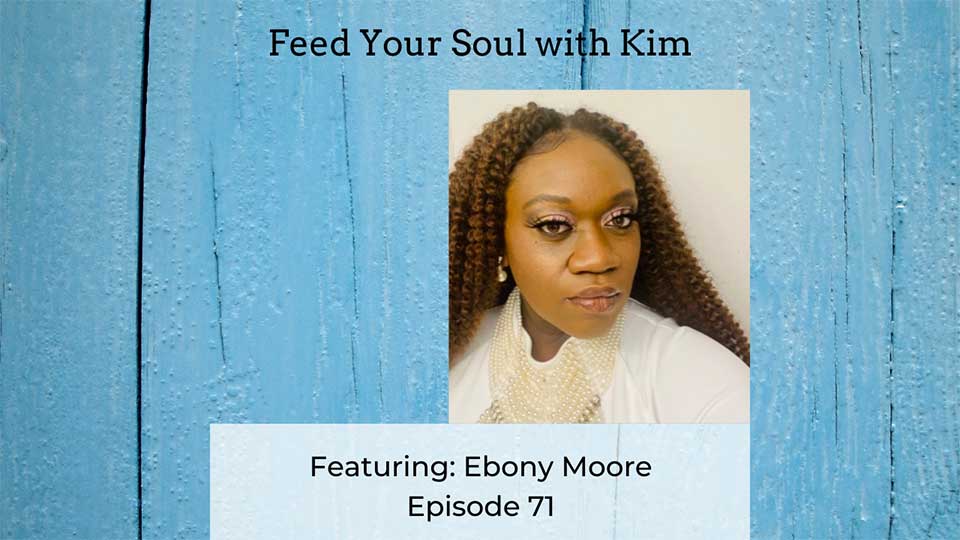
Increase your confidence: an interview with Ebony Moore, Confidence Coach
I had the opportunity to have a conversation with Ebony Moore for the Feed Your Soul with Kim Podcast about confidence. We had met earlier when I was a guest on her podcast BossWife.live.

Ebony talks about confidence through the lens of modeling. She started modeling when she was 12 and now owns a modeling studio.
She talks about starting at Barbizon one of the big top modeling studios. They liked her and wanted to work with her, but they had two options for her:
- She could shave all her my hair off (she was a teen!). Because she always wears her hair towards her face, and she was told it makes her nose look bigger.
- She could get a nose job (she was a teen!).
Can you image being a teen and told you either needed to shave your hair or get a nose job? She chose neither and started modeling locally. As she started to model locally opportunities began to open in New York, Chicago, and Atlanta. This led to greater self-esteem.
After getting married at 18 years old she started to have kids and her confidence “took this huge blow, because she had gained weight.” She says she felt like she was “nothing” and her whole identity was wrapped up in her size.
Ebony acknowledges, “I definitely misplaced my identity, I didn’t lose it, I just misplaced it.” She gave up hope.
“I felt like my body was just unacceptable, because when you’re not supposed to be overweight.” Ebony Moore
She started to focus on getting up and getting herself ready and going out. Not staying isolated. Getting up and out helped move her into more confidence. But the change came when she changed her thoughts about herself.
“It was definitely all mental.” Ebony Moore
Ebony saw how focused we can be on how our bodies look and we lose track of who we really are. We can tend to think who we are is the size and perception of our body.
How do you move into feeling more confident?
Start noticing others (ebony noticed it in her kids) experiencing joy in their bodies.
“I wanted them to know, regardless of who you are, what you like, what your nose looks like, what your hair looks like, you are freaking amazing. Like nobody else in this world looks like you. Watching my children helped me to rebuild my confidence.”
Ebony Moore
Kids can have natural confidence that adults have lost. Ebony talks about noticing the confidence in her kids and the kids in her modeling studio. She saw that she had to give that confidence to herself and then to others.
Mirror work as a method of confidence building.
In confidence building using the concept of reflecting can be powerful. Ebony does what she calls “mirror sessions” where it’s just you in the mirror. It’s just you, looking back at you. You kind of talk to that person who you used to be.
Using the mirror to really look at yourself and be ok with yourself.
Here is her method:
- First, get in front of the mirror.
- Second, look at yourself without make up.
- Third, look at every mole, every hair that’s out of place, every hair on your chin. What do you like about your ear lobes? Look at your skin, notice the color.
- Fourth, take a deep breath and appreciate the beauty of you.
Love yourself the way you are because that’s who that’s what people are attracted to. People are attracted to you.
Use mirror work to increase confidence?
- First, remind yourself of who you used to be.
- Second, imagine going back to being a child. Remember that child-like love for yourself?
- Third, what was it about yourself that you loved the most, whether it was your eyes, whether it was your hair, your nose, your lips, whatever your skin color, the shape of your face, that’s the person you need to remember.
- Lastly, fast forward to now, what has changed? Recognize that you are the same person. Reconnect with that love for yourself.
Now that you have reconnected with your true self, ask yourself, “How do I need to be there for me today?” We know you will be there for everybody else. How you need me to be there for you?
We put out the caring for others, but how are you showing up for yourself?
When we start looking at ourselves in this way we are moving beyond confidence into “Who am I?” This way of looking at ourselves becomes spiritual, and, and mindful.
How do you increase confidence daily?
Ebony recommends you send yourself an automatic text message daily to encourage yourself.
Some of her confidence texts are:
- Ebony, how can I be here for you today?
- Ebony, I need you to be strong for me today.
- Ebony. I need for you to go the extra mile for me today.
Ebony recommends you can open the text at various times of the day to bring yourself back into that place of confidence.
Increased confidence is a game changer in life. Try some of her tips and let us know how it works in the comments below.
Check out my recent podcast with Ebony Moore and learn more about her confidence coaching and modeling studio at:
www.enchantedreflectionsstudio.com
https://spreaker.page.link/pW9szrANrXs3Yc2E8
https://www.linkedin.com/in/ebony-moore-1ba58984/
Kim McLaughlin, MA is a Counselor, Speaker, Podcaster, and Inspirational Coach who specializes in working with people who suffer from binge eating and emotional eating. She is a Certified Intuitive Eating Counselor. She is the author of the book Feed Your Soul Nourish Your Life! A Six Step System to Peace with Food and the Amazon #1 Best Selling book Discovery Your Inspiration.
You can find Kim on her podcast Feed Your Soul with Kim and you can find it on all podcast platforms.
Wondering if you are an emotional eater? Sign up for the free Am I an Emotional Eater Quiz.

